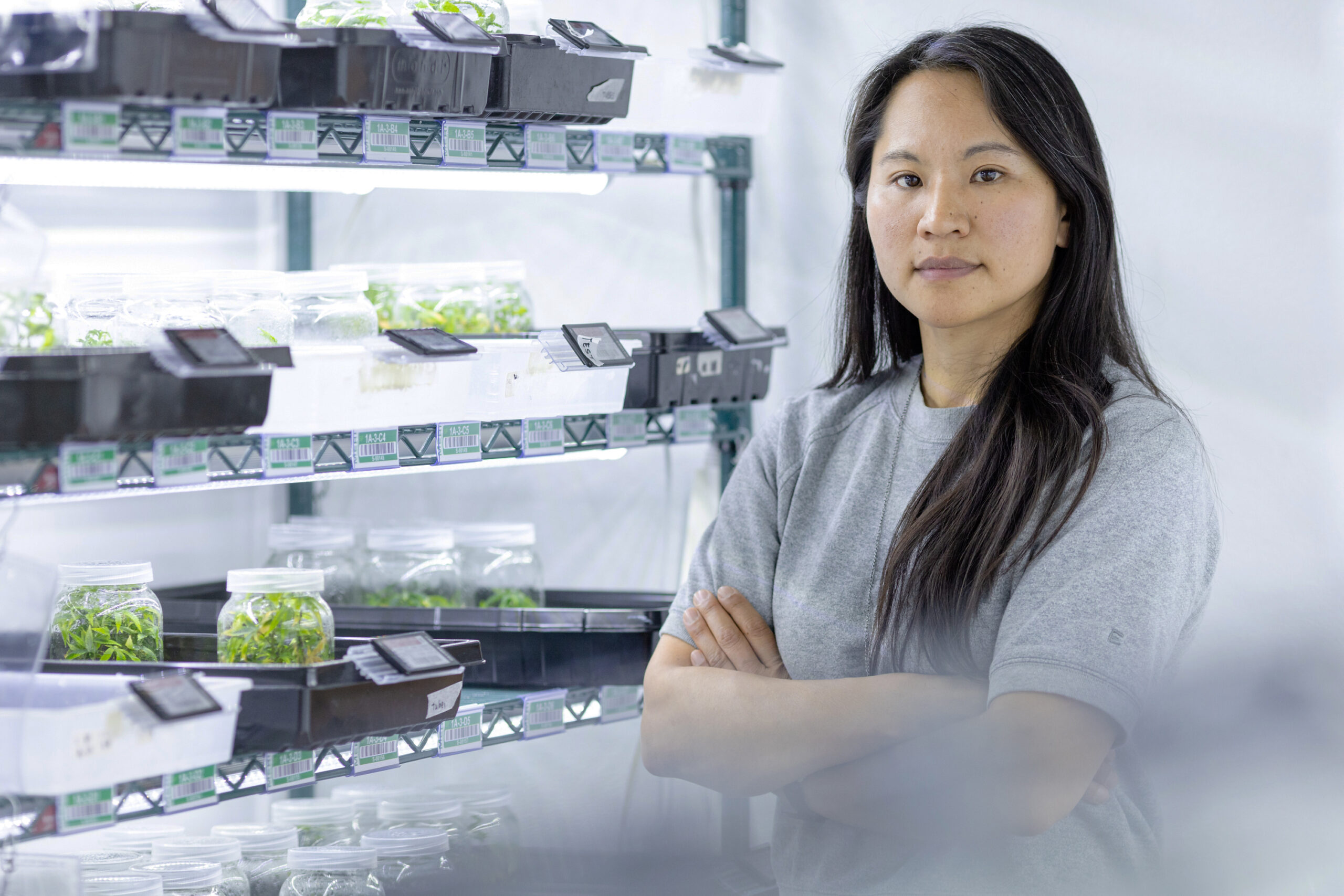Nancy Do has been in San Francisco’s cannabis industry for 14 years. Her father has only been OK with it for three.
“We’ve all been taught that cannabis is this terrible, terrible thing, but my dad found out [I worked in cannabis] when I went to jail,” Do said. “But in 2020, my dad finally told me he was proud of me,” eight years after Do was incarcerated for distribution.
Cannabis industry members describe Do as a legend. Born and raised in the Bay and now a trailblazer in cannabis research, Do forged a path for the city’s cannabis genetics industry well before recreational pot became legal.
But she’s not just interested in commercial weed; Do founded Endo Industries in 2009 to better understand the plant at the center of all the political and cultural hubbub.
“Cannabis is such a powerful medicine and has over 500 active compounds, and we’re usually only talking about one. But it’s so much more than that,” Do said, referring to common compounds like THC or CBD. “When we don’t do that outreach with the focus being on medicinal healing and wellness, we’ve really missed the mark on cannabis.”
Her main goal? Bringing the cannabis industry back to its roots—and honoring her origins at the same time.
‘She Was in So Much Pain’
Like many who came to the cannabis industry before legalization, Do started out as a grower. It was a small operation at first, with 72 plants, two grow lights and a single San Francisco garage. She soon pivoted to the genetics and nursery side of cannabis, and hasn’t looked back.
But what inspired Do’s career was an event 13 years before she even started in the cannabis industry: her mother’s death and distinct memories of her mother’s chronic pain when she was alive.
“For me, it was really hard to talk about my mom’s death—she ended up committing suicide because she was in so much pain, and there was really no relief for her at that time,” Do said. “But I felt like it was really imperative that I share that story openly because it’s why I’m so committed to weed.”
Today, Do views her work in weed as one way to honor her mother’s legacy and help others experiencing chronic pain. In just a few months, Do will be the same age as her late mother when she passed—a difficult anniversary, but a reminder of what’s in front of Do in cannabis.
“It was a crazy realization, like, “This is where her life ended, and I have so much life left in me to give,’” Do said. “It really inspired me, because things are hard in the industry, but I have the right values, and I have the right kind of business model. I’ve stuck to my ethos.”
“And I happened to be high,” Do added.
Making Marijuana Medicinal Again
A medicinal approach to marijuana is precisely what Do hopes her research at Bayview-based Endo Industries achieves: Prioritizing well-being at the heart of consumption.
Since recreational cannabis became legal in 2018, Do has witnessed the political and cultural conversation about weed shift toward how potent you can make a strand or how creative you can get with an edible.
“That’s not why we legalized,” Do said. “It’s not what we fought for.”
Instead, Endo Industries supplies cannabis genetics to growers. Do and her team of a dozen in-house workers test plants for viruses, provide genetic cleaning, produce starter plants and help growers figure out what, exactly, they want out of their weed. Basically, Endo is like a stem cell researcher of cannabis.
“There’s this dirty little secret in cannabis, and it’s that the cannabis plant is full of viruses and diseases,” Do said. “Growers are losing like sometimes 30, 50% of their potential yields because their plants are diseased.”
Ever propagated a plant? That’s essentially what Endo’s tissue cell research does, cutting little cannabis plants from more developed marijuana trees. Researching cannabis effects, preserving DNA tissue and raising new plants from the same family allows growers to customize strains and stop diseases.
“Tissue culture is so crucial in order for [growers] to be successful, and really for the entire supply chain,” Do said. “If you don’t get consistency from the genetics standpoint, like when it’s a seed or a plant form, then the grower gets inconsistent harvests and the whole supply chain suffers.”
Endo works with major names in the industry like Kiva Confections and helps new operators get off the ground. Though research is at the core of Endo, Do has started a number of other services to change the cultural stigma about cannabis, normalizing its use in public consumption spaces or lounges.
“I went to jail for this plant, for being a provider, and I was still willing to keep going because I knew that this plant changed my life,” Do said. “I was on the right side of history, and I need to keep going.”
